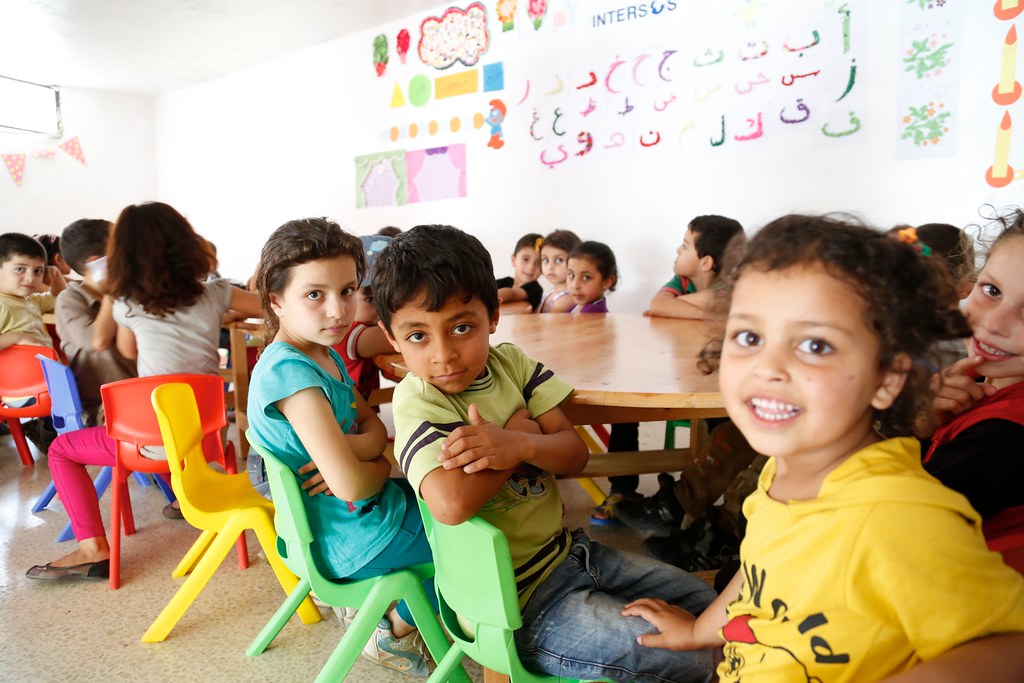
Early Childhood
Assessment
Education
Edward Hessler
The Programme for International Student Assessment (PISA) is a triennial international education assessment of the Organization for Economic Co-operation and Development (OECD), which aims to evaluate education systems worldwide by testing the skills and knowledge of 15-year-old students. PISA results are a driver of educational policy.
Helge Wasmuth, an early childhood professor at Mercy College wrote an essay for ECE PolicyMatters in which he asks, "Have you heard of baby PISA?" No, I hadn't. I'm apparently not alone.
The Wasmuth essay describes a new OECD venture known as the "International Early Learning and Well-Being Study (IELS)." Student data will be collected on tablets in four learning domains: emerging literacy skills, emerging numeracy skills, self-regulation and social and emotional skills. Each of these assessments will take about 15 minutes over a period of two days. In addition indirect observational assessments will be made by parents, staff and administrators.
Wasmuth describes the study "as a Pisa for five-years olds," which expresses his deep concerns and frustrations as well as those of other early childhood educators, critical of the study--the ultimate reduction of learning "to what can be measured: numeracy and literacy." Children age 4.5 yo to 5.5 yo will be included in the sample.
Wasmuth notes that there has been protest from early childhood communities urging their governments to abstain. (includes Canada, France, Germany, Japan, Norway, New Zealand, Sweden and Denmark. The U. S. and England intend to participate but Scotland, Wales and Northern Ireland are not taking part." It appears to have been a shrouded, even hurried process. The study is now underway and will be conducted 2017 through 2019.
"Don't even get me started," Wasmuth writes, "on the collection of child-based data on a global scale without the consent of children, parents, or practitioners. Or with assessing 5-year-olds on a tablet."
Wasmuth's crit is relatively short and worth reading. It provides a sense of the tsuanmi of global educational reform, fascination with standardization. There is a powerful sense of its inevitability.
The OECD describes the major features of the IELS study here.
Childhood is too important to be shaped in the way IELS is likely to lead, a monoculture rather than a polyculture that protects kids and its "wondrous nature."
In Finland formal schooling does not start until children are 7 yo. Before then, children attend high-quality pre-schools and day care. In 2014, Krista Kiuru, Finland's Minister of Education and Science was asked what lesson Finland has to offer. "If you invest in early childhood education, in preschool and daycare, that will lead [to] better results" It is known as the "Finnish Way."

 CGEE Student Voice
CGEE Student Voice
No comments:
Post a Comment